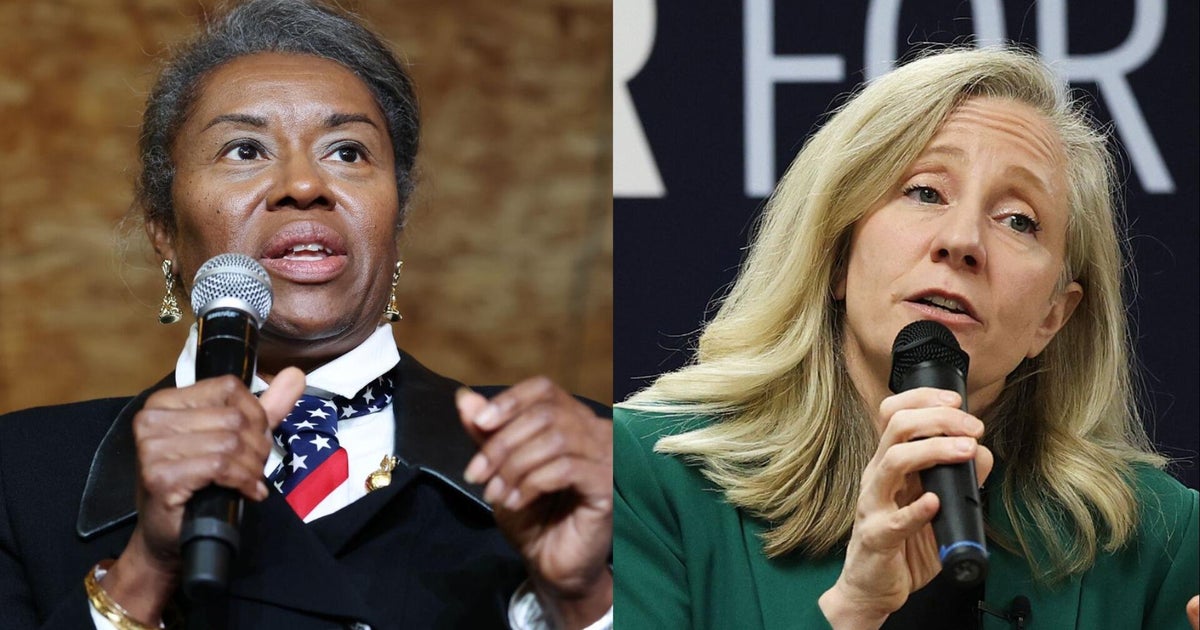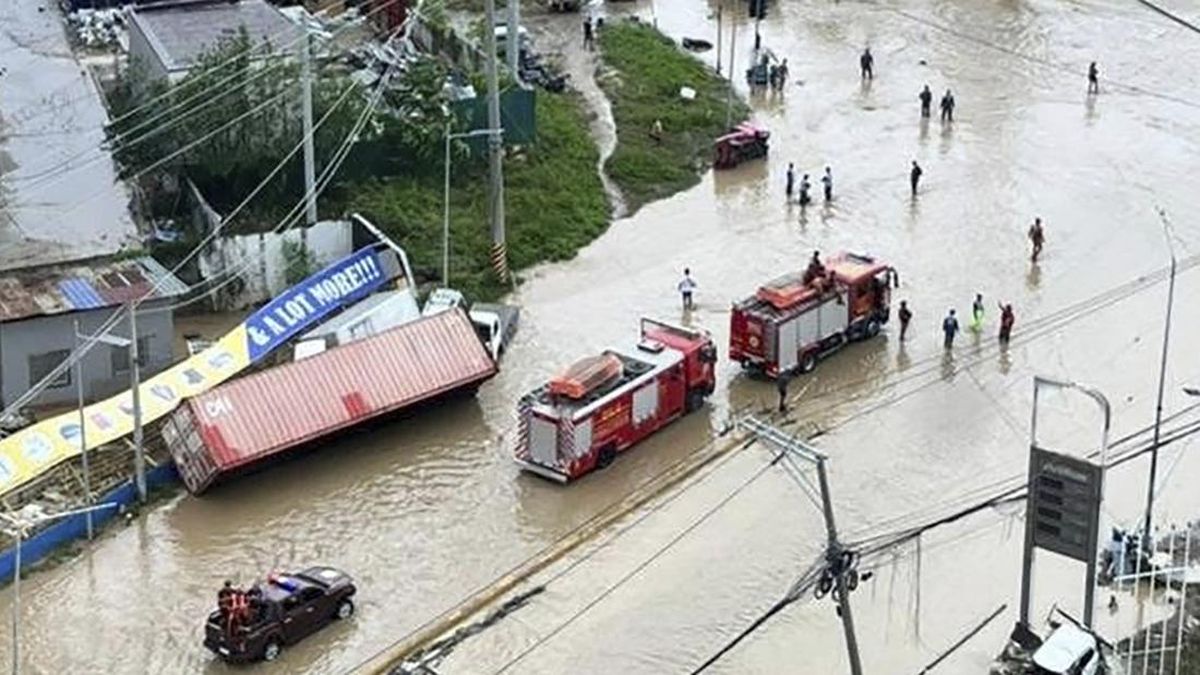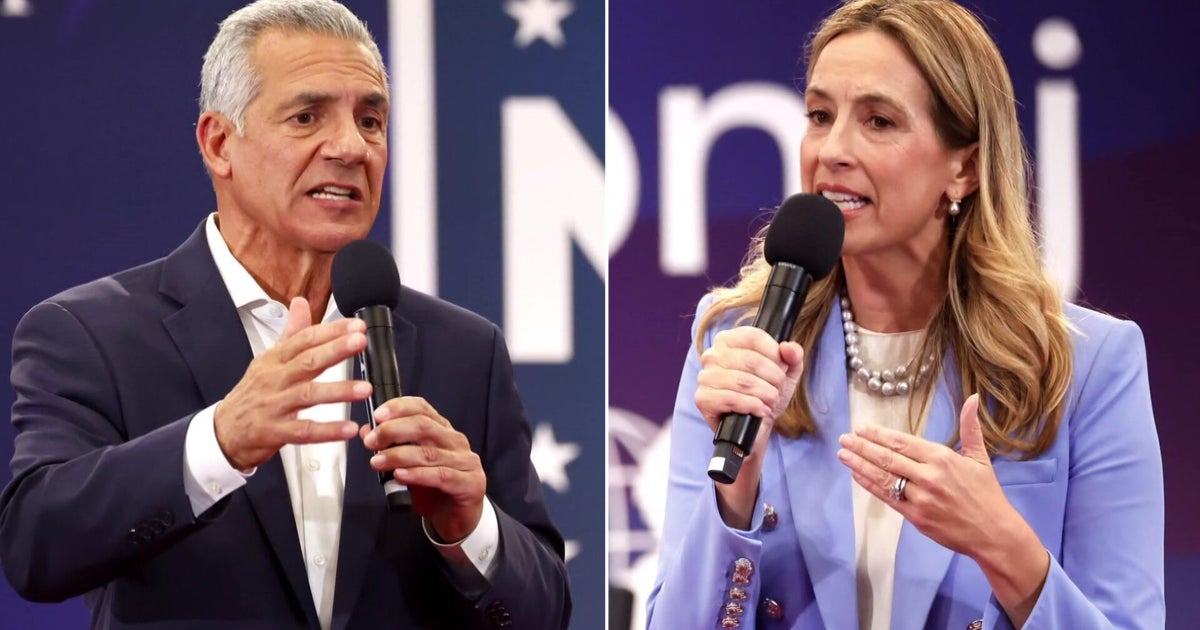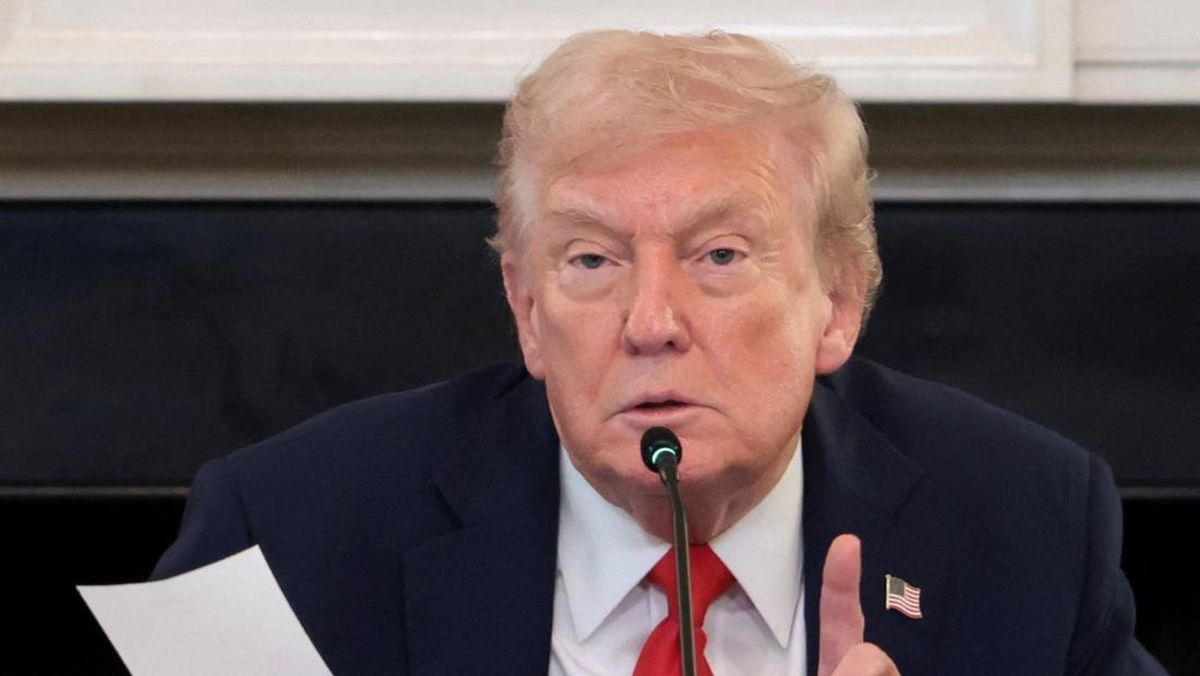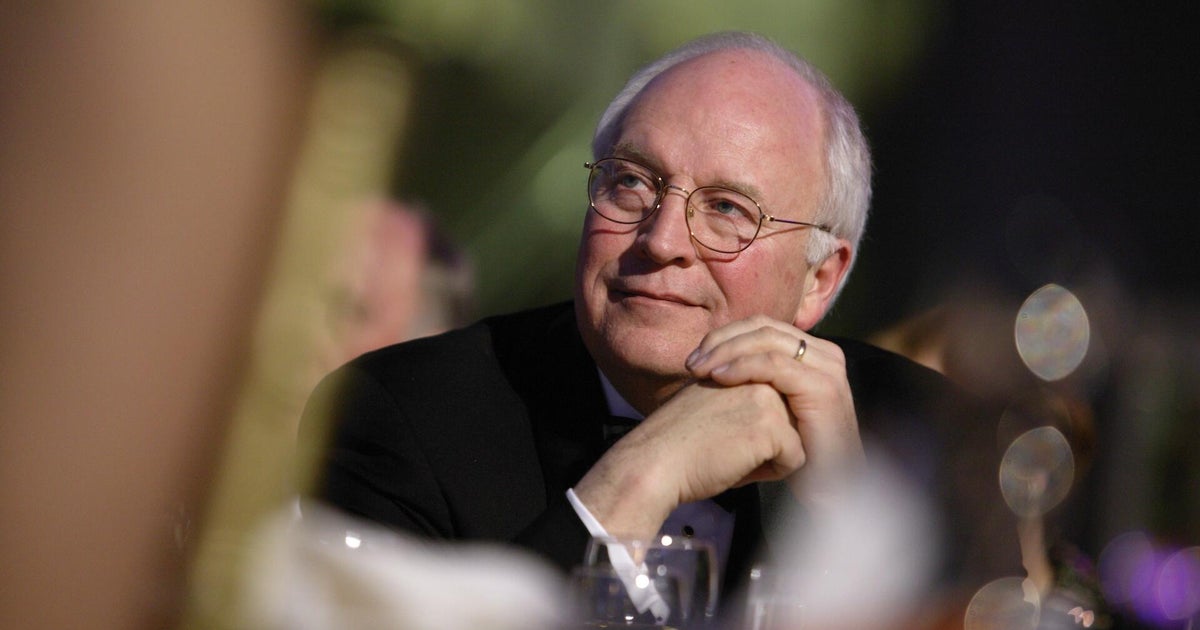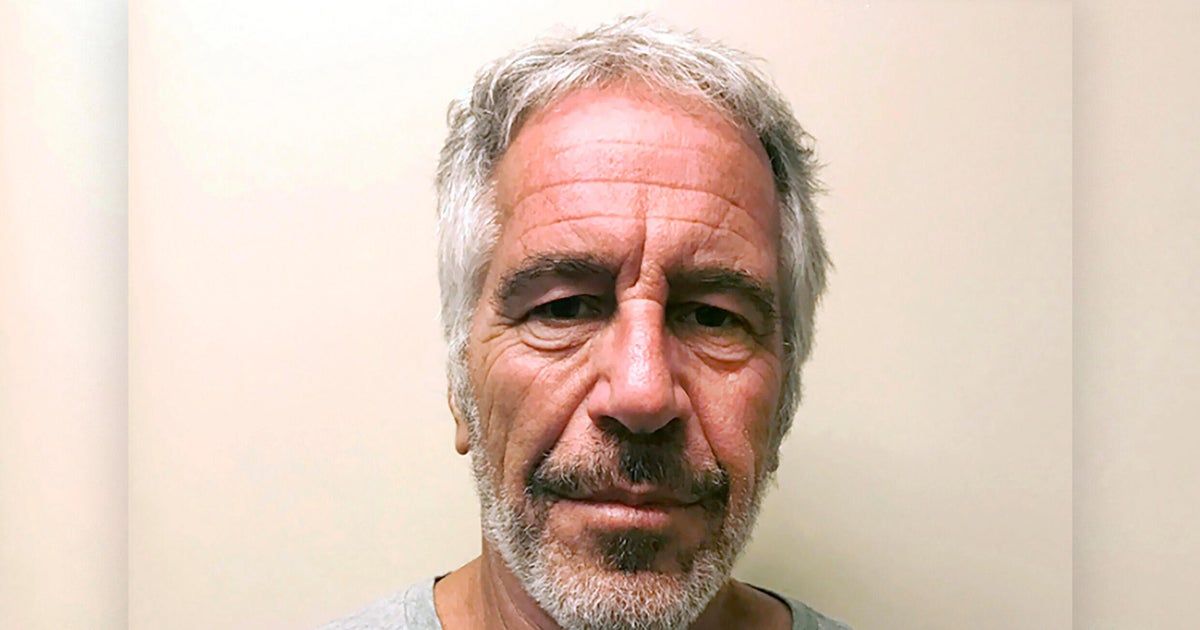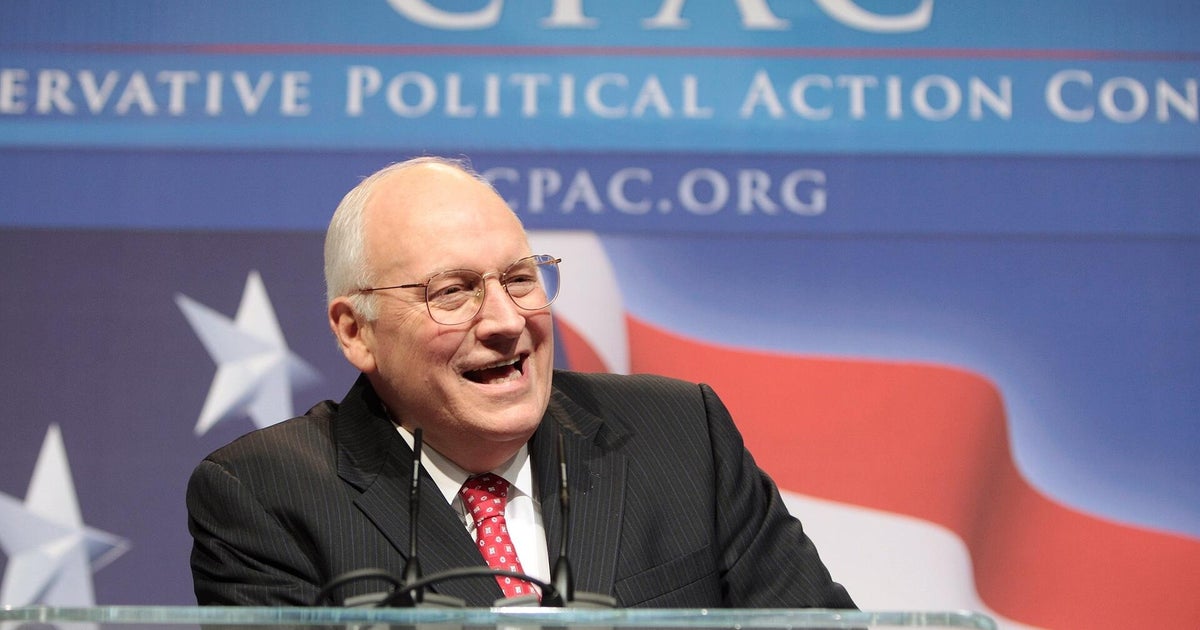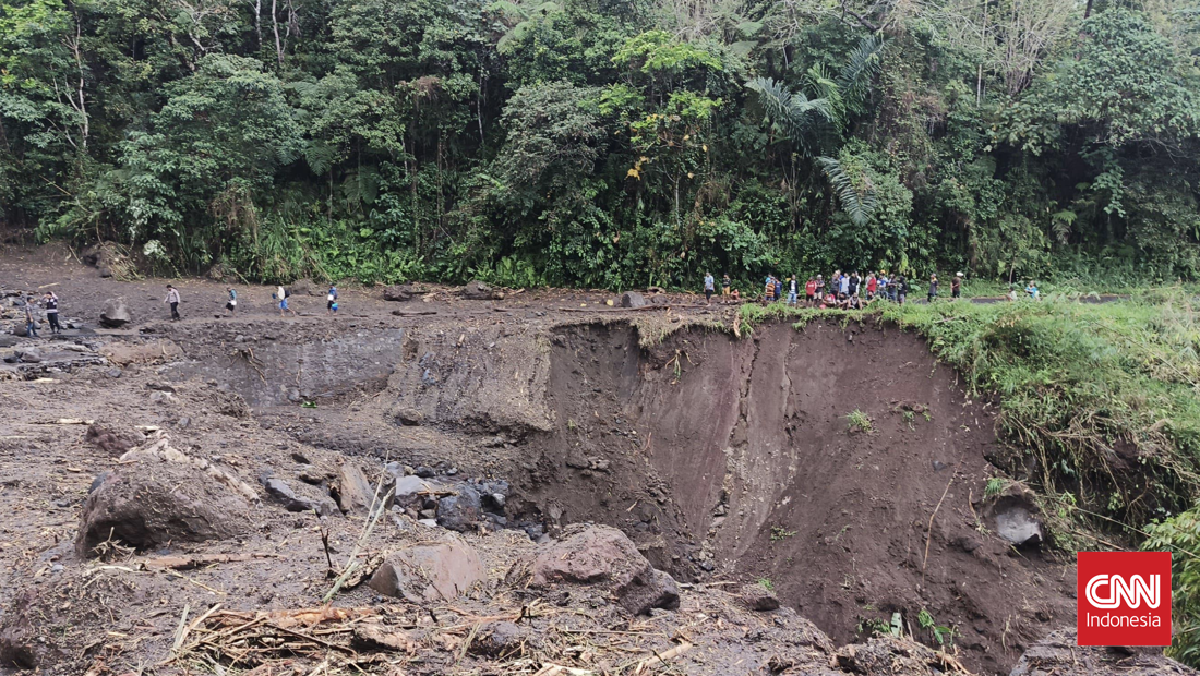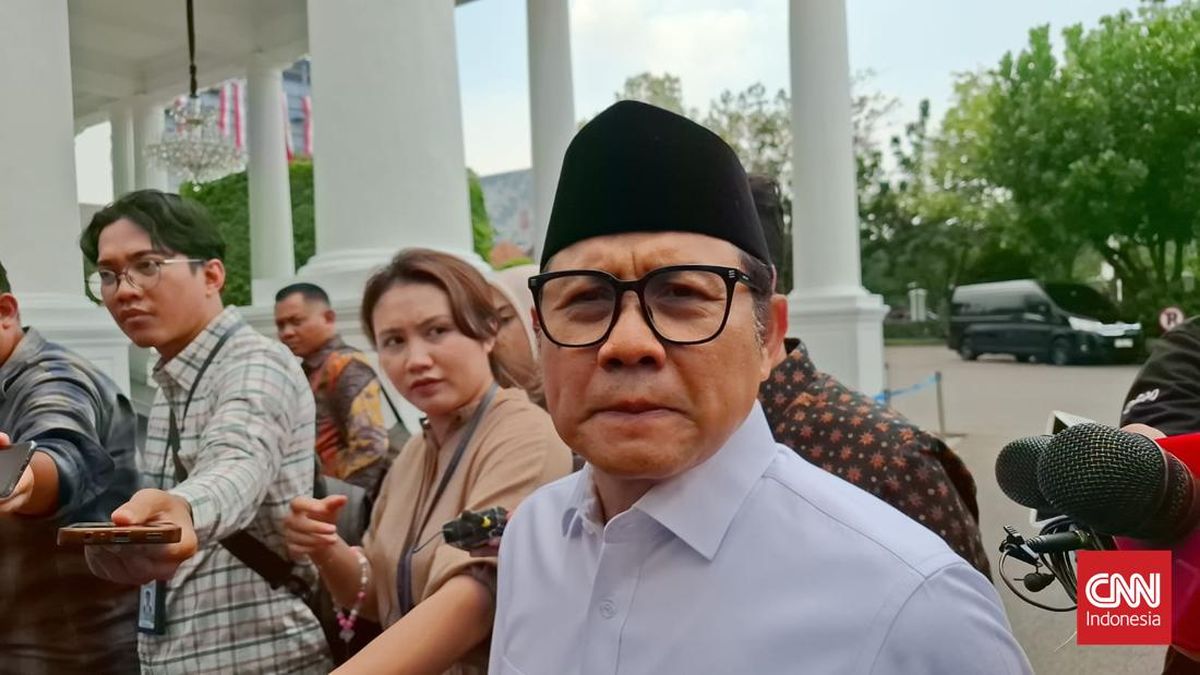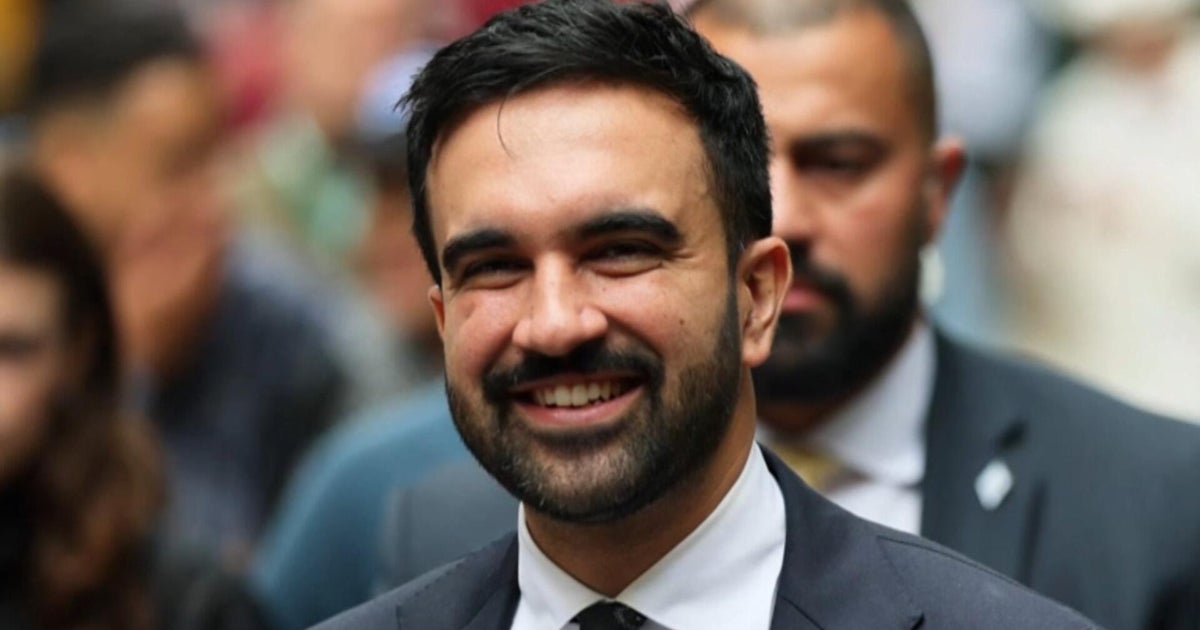Editorial
November 4, 2025 — 7.50pm
November 4, 2025 — 7.50pm
In her book Plots and Prayers, Niki Savva writes about a Coalition cabinet meeting that took place just before Malcolm Turnbull’s overthrow in 2018. When discussion turned to the National Energy Guarantee (NEG) – Turnbull and Josh Frydenberg’s bid to cut emissions while keeping energy affordable – Christopher Pyne argued: “We can keep dragging our bloodied stump across the political firmament, leaving a trail of gore behind us, or we can cut our losses and move on [from the NEG].”
The Liberal Party’s choice of Scott Morrison to replace Turnbull and his subsequent election victory might have been seen as vindication for Pyne’s view, except that the bleeding and the losses continued.

Then-prime minister Malcolm Turnbull and then-treasurer Scott Morrison during a press conference in Brisbane in 2016.Credit: Andrew Meares
Voters in urban Liberal heartlands, unconvinced by Morrison’s approach to climate change, turned to teal independents, turfing out Frydenberg and other moderate Liberals.
That Morrison and his deputy prime minister, Barnaby Joyce, had eventually committed the Coalition to a policy of net zero emissions by 2050 was offset by their defeat in the 2022 election.
Having taken a policy emphasising nuclear energy rather than renewables to this year’s even heavier defeat, any hope that time in opposition might have allowed the Liberals and Nationals to “move on” seems to have vanished.
Loading
It was almost fitting, then, that on the day Sussan Ley stood up to ask her first question in parliament as opposition leader in July, it was Joyce who threw the first stone at the Coalition’s commitment to net zero.
That he had been sent to Coventry by his own party leadership and that many of his assertions were at odds with the facts hardly mattered: on climate policy, the Coalition’s divides run so deep that there is no such thing as a voice in the wilderness.
By September, the insurrection had spread to Liberal ranks, where Andrew Hastie and Jonathon Duniam threatened a “mass exodus” from the front bench if net zero by 2050 was retained.
Again, the fact that opposition energy spokesman Dan Tehan had been tasked with a review of the policy seemed far less important than the noises off.
Cue the ghost of government past, with Morrison himself taking to social media to dismiss “net zero at any cost on any rigid timetable” as “just ideology”. So much for “we take commitments we make very seriously”, his earlier response to Nationals senator Matt Canavan declaring net zero “dead”.
Matters have come to a crunch with the Nationals’ decision to ditch net zero. Now the diminished cohort of Liberals who support net zero by 2050 – many of whom also supported Ley’s narrow leadership victory – are the ones threatening dire consequences.
“I don’t see how we can walk away from our commitment to reduce emissions. [Australia] would be a pariah state,” Liberal senator Andrew Bragg told the ABC, while insisting that net zero was a “totally fungible concept”.
In the face of an astonishingly broad community of stakeholders warning against inaction, both Coalition parties will point to the fact their final decisions on policy are a product of their democratic internal processes. But it is the verdict of a much larger democratic process that matters here.
If, as frontbencher Julian Leeser insists, the Liberals are unanimous that “climate change is real” and the party’s policy must reduce emissions, what are voters to make of the proposed abandonment of a timetable and a target, of even the vocabulary of net zero?
Might they conclude that talk of energy prices and energy security is just covering for an anti-science, anti-renewables ideology of the kind currently being trumpeted from Washington?
Assurances from Ley and Tehan that there would be a Liberal-only meeting of MPs some time in the next fortnight has only delayed the reckoning.
It is possible that Ley could win back her party, only to lose ground with the electorate. Or that in taking the principled stand urged by Tim Wilson, Bragg and others, she accelerates her own demise at the hands of plotters to her right.
Either way, the Coalition’s trail of gore looks certain to lengthen.
Start the day with a summary of the day’s most important and interesting stories, analysis and insights. Sign up for our Morning Edition newsletter.
Most Viewed in National
Loading



